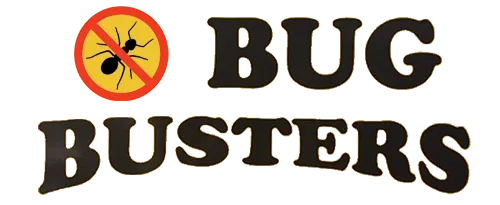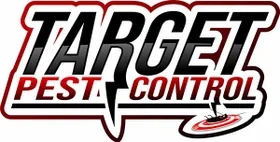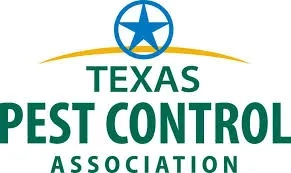Services Offered by Termite Inspection Companies
Knowing what services termite inspection companies offer can assist you in making an educated selection that fits your immediate and future needs. Many companies offer annual termite assessments with preventive care for consistent protection. Depending on your situation, this might be more helpful than addressing termites only once.
Exterior Inspection
Professionals performing termite inspections will look around your home's exterior for visible damage. They’ll examine structures in contact with the soil, outdoor wood, and damp areas that could draw termites, such as the following:- Cracks in expansion joints
- Deadwood
- Firewood stacks
- Pooling water around the foundation
- Standing water on the roof
- Wood mulch close to the foundation
- Wooden deck supports
- Wooden fences
Interior Inspection
Pest control specialists usually offer both indoor and outdoor inspections. Indoors, they concentrate on locations that are moist or have a lot of wood or cellulose materials, as well as potential termite entry points. They may examine the following:- Attics
- Basements
- Crawl spaces
- Doorframes
- Exposed beams or studs
- Exterior walls
- Hardwood floors
- Under-sink cabinets
- Windowsills
- Wooden furniture
Treatment Recommendations
If termites are detected in your house, the pest control provider will suggest a tailored treatment plan to eliminate the termites. Nonchemical options are available, including heat, physical barriers, and biological control agents such as beneficial nematodes. Chemical termite treatments regulated by the Environmental Protection Agency (EPA) include baits and liquid termiticides. Baits consist of an insecticide-laced cellulose that attracts and kills termites, while liquid termiticides soak into the soil to form a protective barrier around your home. Fumigation is a more intensive solution that involves vacating your home, sealing it off, and flooding it with a gas that’s lethal to termites. To handle your current termite issue, the inspection company might propose a multipronged method.Future Vulnerabilities
Comprehensive termite inspections evaluate potential weak spots and current problems in your home. The inspector looks for wood-to-soil contact, plumbing leaks, and other issues that could bring in termites. An inspection may reveal drainage issues or termite entry points that require landscaping changes or structural improvements. Making these changes can help prevent future infestations.Continuous Monitoring
Termite solutions sometimes need regular inspection, replacement, or reapplication to stay effective. Many exterminators offer continuing service plans that include annual or quarterly inspections for this reason. During this ongoing monitoring, the technician will check for new or increased termite activity. The technician will also swap out baits and reapply liquid treatments when required. These plans decrease the chance of major damage and commonly include a warranty.Termite Warranties
Many termite inspection companies support their services with a reservice warranty. If termites return within a specified period of time following the initial service, the reservice warranty covers the cost extra appointments and additional work needed to address the termites. Some pest professionals take it a step further and provide repair warranties. This type of warranty pays for the cost of fixing any new termite damage that happens after treatment.Factors To Consider When Choosing a Termite Inspector
Make sure to consider the following key factors when selecting a termite inspector.- Cost: Obtain quotes from three or more providers. Some may need to inspect your situation in person before providing an estimate.
- Experience: A company's history often shows its reliability and expertise. Companies with more pest management experience tend to handle termite infestations more effectively.
- Guarantees: Choose an inspector with guarantees or warranties that cover reservice or repair. Get the contracts in writing for your records.
- Licensing and insurance: Texas requires pesticide applicators to be licensed by the Department of Agriculture. Always confirm that your provider has proper licensing and insurance. Anyone who uses restricted-use pesticides must be registered as an applicator by the EPA.
- Reputation and reviews: Visit the Better Business Bureau (BBB) website, look at online reviews, and ask people you trust to understand customer satisfaction with companies you're considering. Strong customer feedback suggests a track record of good customer service.



